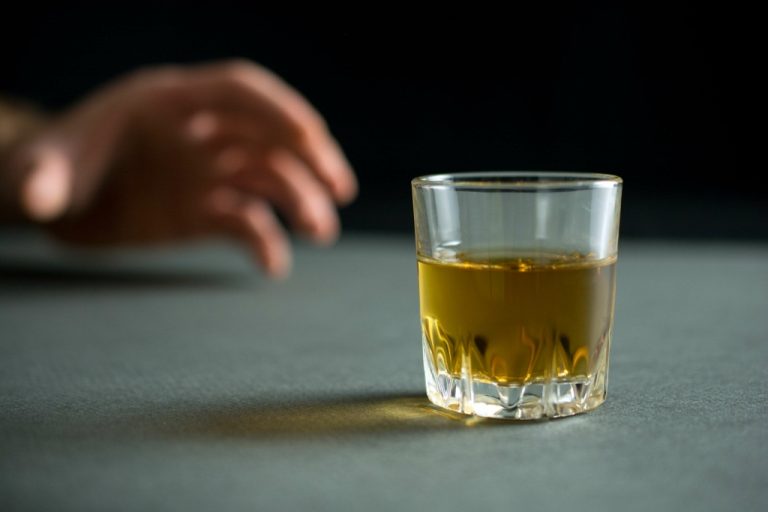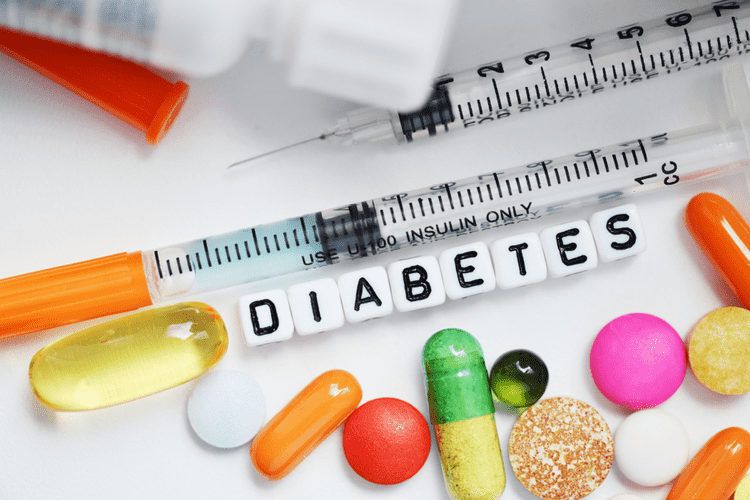Start by talking to your doctor about how much alcohol you’ve been using and your plan to quit. It’s important that you work with your doctor when you’re ready to stop drinking rather than trying to do it alone. One study found that around 70% of participants had sleep problems when they were admitted for alcohol treatment. That number dropped to 50% when the participants http://www.konura.info/forum/index.php?topic=673.msg63015 went home, and many reported that their sleep quality got better after treatment. According to the National Survey on Drug Use and Health, 9.2 million U.S. adults had both mental health disorders and a substance use disorder in 2018, yet nearly 60% did not get treatment. Quitting alcohol won’t just protect your physical health—it can also improve your mental well-being.
- The older you get, the stronger the effects of alcohol may feel, even when you drink the same amount as before.
- Exploring, in writing, what you find difficult and when you most want to drink can help you notice patterns that offer more insight into your alcohol use.
- Identify a family member or friend who you can call on to provide emotional support.
- Within just a month of not drinking, your body can begin to reap the benefits.
- When you’re having a good time, you find it hard to stop, especially in the company of friends having the same amount.
Stage 2: Moderate Withdrawal
Try skipping alcohol, especially in the late afternoon and evening, for more restful shut-eye. A glass of regular beer has about 150 calories, and a serving of wine has about 120. On top of those mostly empty calories, alcohol ramps up your appetite. It also makes you more impulsive, and less able to resist the fries and other temptations on the menu.
Short-term benefits
Serious alcohol misuse can decrease your lifespan by as much as 28 years compared to those who don’t drink. This huge change in lifespan is due to the numerous medical problems that alcohol can cause. Heavy alcohol use can affect the health of your heart, brain, kidneys, liver, pancreas and digestive tract.
- When you stop drinking, your skin gets more elastic and the redness and discoloration on your face will slowly fade.
- If you’re just starting out, I encourage you to check out the Sobriety Roadmap and Resource Center.
- If you meet the criteria for heavy drinking for five or more days per month, you are considered a heavy drinker.
- From there, you may need social support, consistent self-care, and new routines that can help redirect your mind.
You May Live a Longer Life

Stopping alcohol will reduce the number of empty calories that you consume. Not only will you reduce your overall calorie intake, but you will also likely replace https://newsexplore.ru/kak-vosstanovitsya-posle-covid-i-postroit-mir-zanovo some of these calories from healthier sources. This will lead to improved nutrition, which can profoundly impact your overall health, especially over time.
Lower Cancer Risk

This is because alcohol can cause fatigue and decreased motivation, so when you stop drinking, you may find it easier to get things done. One of the surprising side effects of giving up alcohol is that your skin may start to look better. This is because alcohol can cause dehydration, which can lead to dry, dull skin. So, giving up alcohol can help your skin to look more hydrated and glowing. Feeling sick after just one drink could also mean that you’ve developed an allergy to something in that drink. A few common ingredients found in alcoholic beverages that can cause an allergic reaction are sulfites and histamines, both byproducts of fermentation, as well as certain types of grains.
Physical symptoms will be much better by a week after stopping for most people. The experience of withdrawing from alcohol can be uncomfortable and difficult. Some people may relapse, or drink alcohol again, to relieve the symptoms. Withdrawal happens because your brain gets used to the depressive effects of alcohol.
Outpatient Treatment
Like other symptoms, the impact on mood depends on the amount and duration of your alcohol use. For light or moderate drinking, you might experience a more temporary, mild effect on mood. If you’ve been drinking heavily or for long periods, the impact will be more pronounced, and it will take longer for your neurotransmitter systems to restore their balance in your body. After half a year without drinking, you will really start to reap the rewards. Your risk of developing cancer will decrease, and your liver function will have greatly improved. The brain also begins to repair some of the damage and shrinkage you may have experienced while drinking.
With alcohol out of the equation, though, these chemicals cause withdrawal symptoms. Over time, however, the body builds a tolerance to alcohol, and a person may have to drink more and more to get the same feeling. Meanwhile, the brain is producing more and more neurotransmitters, making a person further imbalanced. Exploring, in writing, https://clomidxx.com/the-path-to-finding-better-3/ what you find difficult and when you most want to drink can help you notice patterns that offer more insight into your alcohol use. Comparing the emotions that come up when you have a drink with the feelings you experience when abstaining also helps you recognize when drinking doesn’t fix the problems you’re trying to manage.
